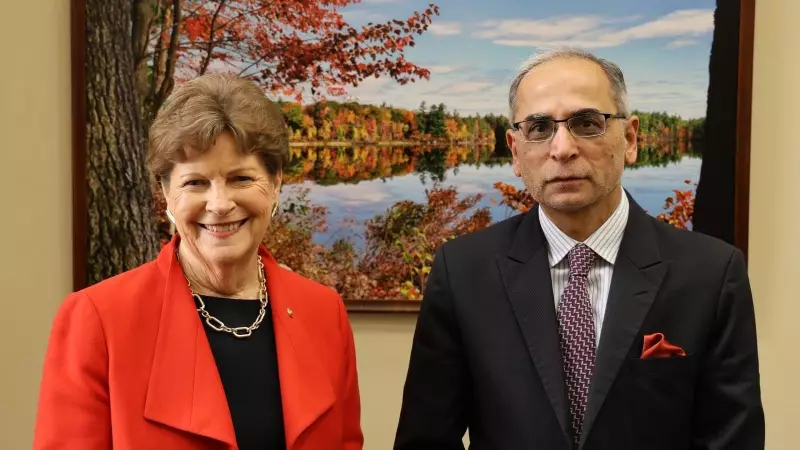
In a significant development for international trade relations, United States Senator Tammy Baldwin has revealed that the long-awaited trade deal between India and the US is making substantial headway. The negotiations, which have been ongoing for several years, are now focusing on critical areas of mutual interest, particularly energy security cooperation.
Breakthrough in Bilateral Relations
Senator Baldwin, during her recent diplomatic engagements in New Delhi, emphasized that both nations are working diligently to resolve outstanding trade issues. "We are making progress," the Senator confirmed, highlighting the constructive dialogue between the two largest democracies in the world.
Energy Security Takes Center Stage
The trade negotiations have evolved beyond traditional market access discussions to include strategic cooperation in energy security. This shift reflects the growing importance of sustainable energy partnerships between the two nations, potentially paving the way for cleaner energy collaborations and technology transfers.
Resolving Long-standing Trade Disputes
Among the key sticking points in the negotiations have been market access barriers and digital trade issues. Recent discussions have shown promising movement toward resolving these challenges, with both sides demonstrating increased flexibility and understanding of each other's economic priorities.
Strategic Partnership Strengthens
The advancing trade deal represents more than just economic cooperation—it signifies the deepening strategic partnership between India and the United States. As global economic dynamics shift, this bilateral agreement could serve as a cornerstone for future collaboration in various sectors, from technology to defense.
What This Means for Both Economies
A comprehensive trade agreement between India and the US would create new opportunities for businesses in both countries, potentially boosting exports, creating jobs, and strengthening economic resilience. The focus on energy security also positions both nations to better address global energy challenges while pursuing sustainable development goals.
As negotiations continue, stakeholders on both sides remain optimistic about reaching a mutually beneficial agreement that could reshape the economic landscape of both nations for years to come.





